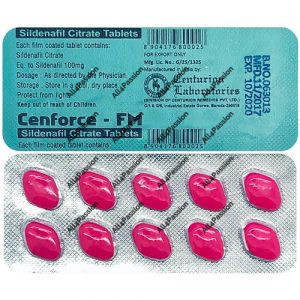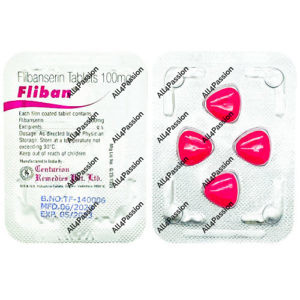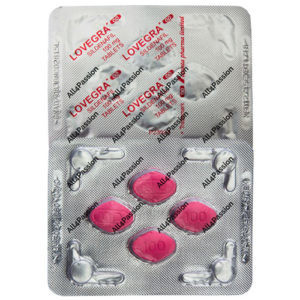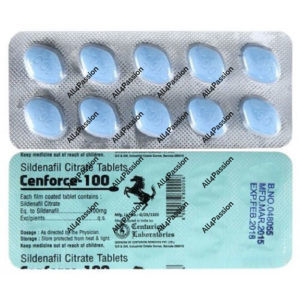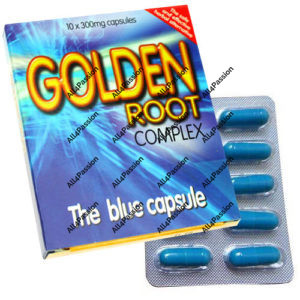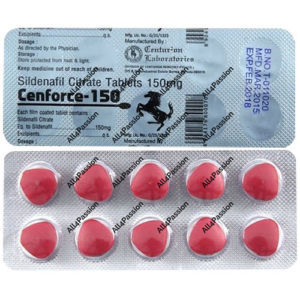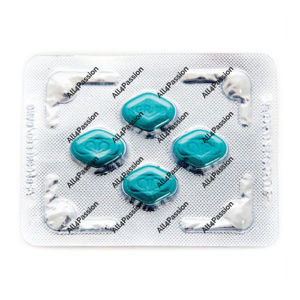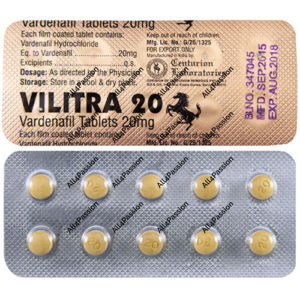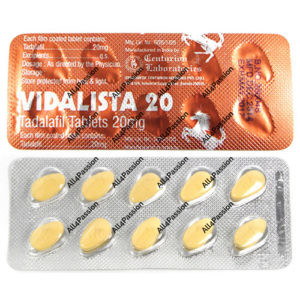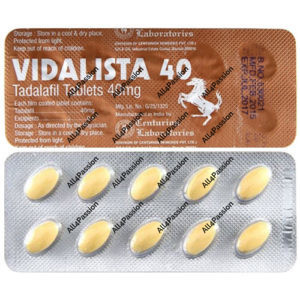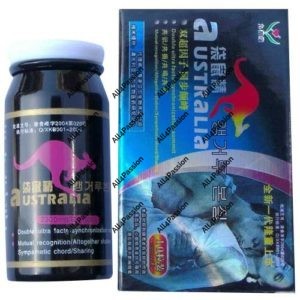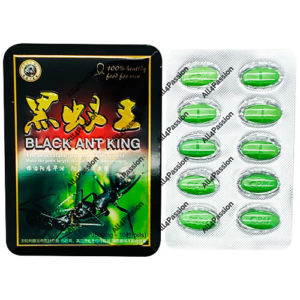Sexual Dysfunction
Sexual dysfunction treatment will help women to achieve the pleasure in the sex and remove the issues caused during the sexual intercourse. Buy generic viagra for women online. Free shipping!

Showing all 4 results
-
Sexual Dysfunction, Special Offers
Original price was: €35.00.€30.00Current price is: €30.00. Add to cart
Showing all 4 results
Sexual Dysfunction
Sexual dysfunction is difficulty experienced by an individual or a couple during any stage of a normal sexual activity, including physical pleasure, desire, preference, arousal or orgasm. Sexual dysfunctions can have a profound impact on an individual’s perceived quality of sexual life.
The term sexual disorder may not only refer to physical sexual dysfunction, but to paraphilias as well; this is sometimes termed disorder of sexual preference.
A thorough sexual history and assessment of general health and other sexual problems (if any) are very important. Assessing performance anxiety, guilt, stress and worry are integral to the optimal management of sexual dysfunction.
Sexual Dysfunction Types
Sexual dysfunction disorders may be classified into four categories: sexual desire disorders, arousal disorders, orgasm disorders and pain disorders.
Female Sexual Dysfunction
Many women perceived sex as a chore as opposed to a pleasurable experience, and they tend to consider themselves sexually inadequate, which in turn does not motivate them to engage in sexual activity.
Several factors influence a women’s perception of her sexual life. These can include: race, her gender, ethnicity, educational background, socioeconomic status, sexual orientation, financial resources, culture, and religion. Cultural differences are also present in how women view menopause and its impact on health, self-image, and sexuality.
Menopause
The female sexual response system is complex and even today, not fully understood. The most prevalent of female sexual dysfunctions that have been linked to menopause include lack of desire and libido; these are predominantly associated with hormonal physiology. Specifically, it is the decline in serum estrogens that causes these changes in sexual functioning. Androgen depletion may also play a role, but currently this is less clear. The hormonal changes that take place during the menopausal transition have been suggested to affect women’s sexual response through several mechanisms, some more conclusive than others.
Aging in women
Whether or not aging directly affects women’s sexual functioning during menopause is another area of controversy. However, many studies, including Hayes and Dennerstein’s critical review, have demonstrated that aging has a powerful impact on sexual function and dysfunction in women, specifically in the areas of desire, sexual interest, and frequency of orgasm. In addition, Dennerstien and colleagues found that the primary predictor of sexual response throughout menopause is prior sexual functioning. This means that it is important to understand how the physiological changes in men and women can affect their sexual desire. Despite the seemingly negative impact that menopause can have on sexuality and sexual functioning, sexual confidence and well-being can improve with age and menopausal status. Furthermore, the impact that a relationship status can have on quality of life is often underestimated.
Testosterone, along with its metabolite dihydrotestosterone, is extremely important to normal sexual functioning in men and women. Dihydrotestosterone is the most prevalent androgen in both men and women. Testosterone levels in women at age 60 are, on average, about half of what they were before the women were 40. Although this decline is gradual for most women, those who’ve undergone bilateral oophorectomy experience a sudden drop in testosterone levels; this is because the ovaries produce 40% of the body’s circulating testosterone.
Sexual desire has been related to three separate components: drive, beliefs and values, and motivation. Particularly in postmenopausal women, drive fades and is no longer the initial step in a woman’s sexual response (if it ever was).

